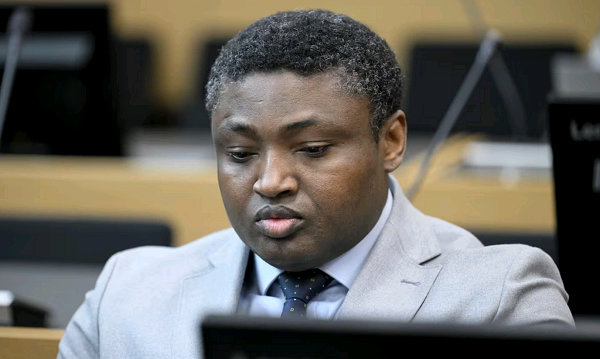-
Southeast voices split as calls mount for tougher measures against IPOB leader Nnamdi Kanu.
-
Residents recount devastation caused by sit-at-home orders, kidnappings, and killings.
-
Analysts warn agitation will persist unless Nigeria embraces inclusive governance.
The sentencing of Biafran agitator, Simon Ekpa, by a Finnish court has stirred deep divisions across Nigeria’s Southeast. Ekpa, recently jailed for six years for terrorism and fuelling violence in the region, has reignited calls for a harsher stance against his ally, Indigenous People of Biafra (IPOB) leader, Nnamdi Kanu, who is already facing trial in Nigeria.
ATTENTION: Click “HERE” to join our WhatsApp group and receive News updates directly on your WhatsApp!
While some residents insist Kanu must be punished in equal measure, others are demanding his release as a path to peace. Prominent Southeast leader, Chief Modestus Umenzekwe, told The Nation he believes President Bola Tinubu will eventually free Kanu, urging Igbos to remain patient and trust the administration. In contrast, Engineer Johnson, a resident, rejected leniency, declaring both Kanu and Ekpa had brought “sorrow, pain and agony” to many homes.
In Ebonyi State, disquiet has gripped Ekpa’s hometown of Ngbo, Ohaukwu Local Government Area, where locals were reluctant to speak publicly. A kinsman, James Odom, however, welcomed the court’s decision, recalling Ekpa’s descent from a once-promising figure who aided youths with scholarships into a divisive agitator whose statements bred insecurity and fear.
He lamented that many lives and businesses had been destroyed, warning that the violence has left widows, orphans, and a lasting climate of fear.
In Anambra, veteran journalist Uche Okafor argued that the six-year sentence was not commensurate with Ekpa’s offences. Cleric Chijioke Nwokeke noted that insecurity had slightly eased following the conviction but stressed that Nnamdi Kanu’s case must still be addressed.
READ ALSO: Igbo group Threatens To Mobilize Against IPMAN Over Hike in Fuel Price in Southeast
He said Kanu, though once more civil in approach, allowed power to corrupt his judgement, but suggested that his release could bring relative calm to the region.
In Enugu, however, analysts and residents cautioned that Ekpa’s fall will not erase the underlying grievances of marginalisation, unemployment, and poor infrastructure in the Southeast.
Traders, students, lawyers, and transport workers interviewed by The Nation insisted that true peace would only emerge from inclusive governance, stronger federal representation, and meaningful investment in the region. They warned that unless root causes are tackled, another agitator could easily rise to replace Ekpa.
In Abia, respondents praised Finland’s judiciary, urging Nigerian judges to emulate its firmness. Chukwu Bartholomew described the sentencing as a step in the fight against insecurity but argued the punishment was too light compared to the scale of bloodshed.
He urged the Federal Government to seek Ekpa’s extradition for trial in Nigeria, where his alleged crimes were committed.
Across the Southeast, the consensus remains fractured: while some residents hope the Finnish conviction signals the beginning of the end of violent agitation, others believe the region’s pain will endure unless governance in Nigeria takes a more inclusive turn.

